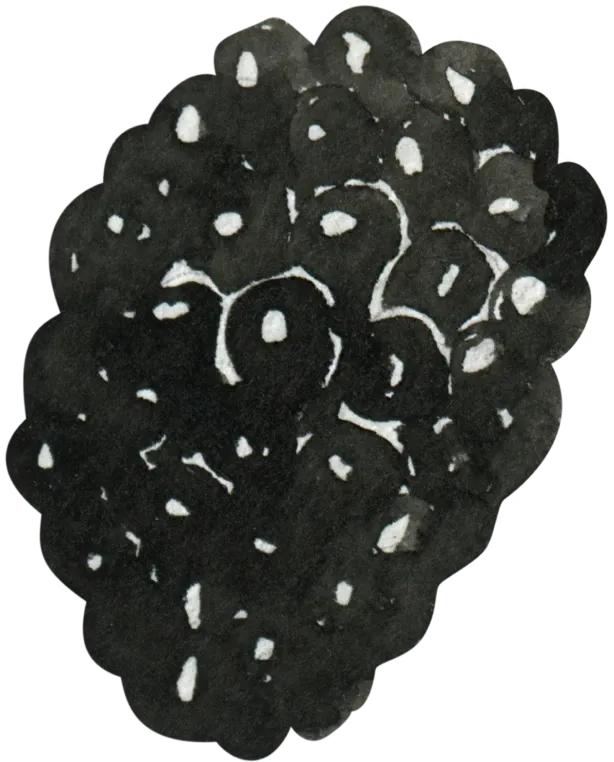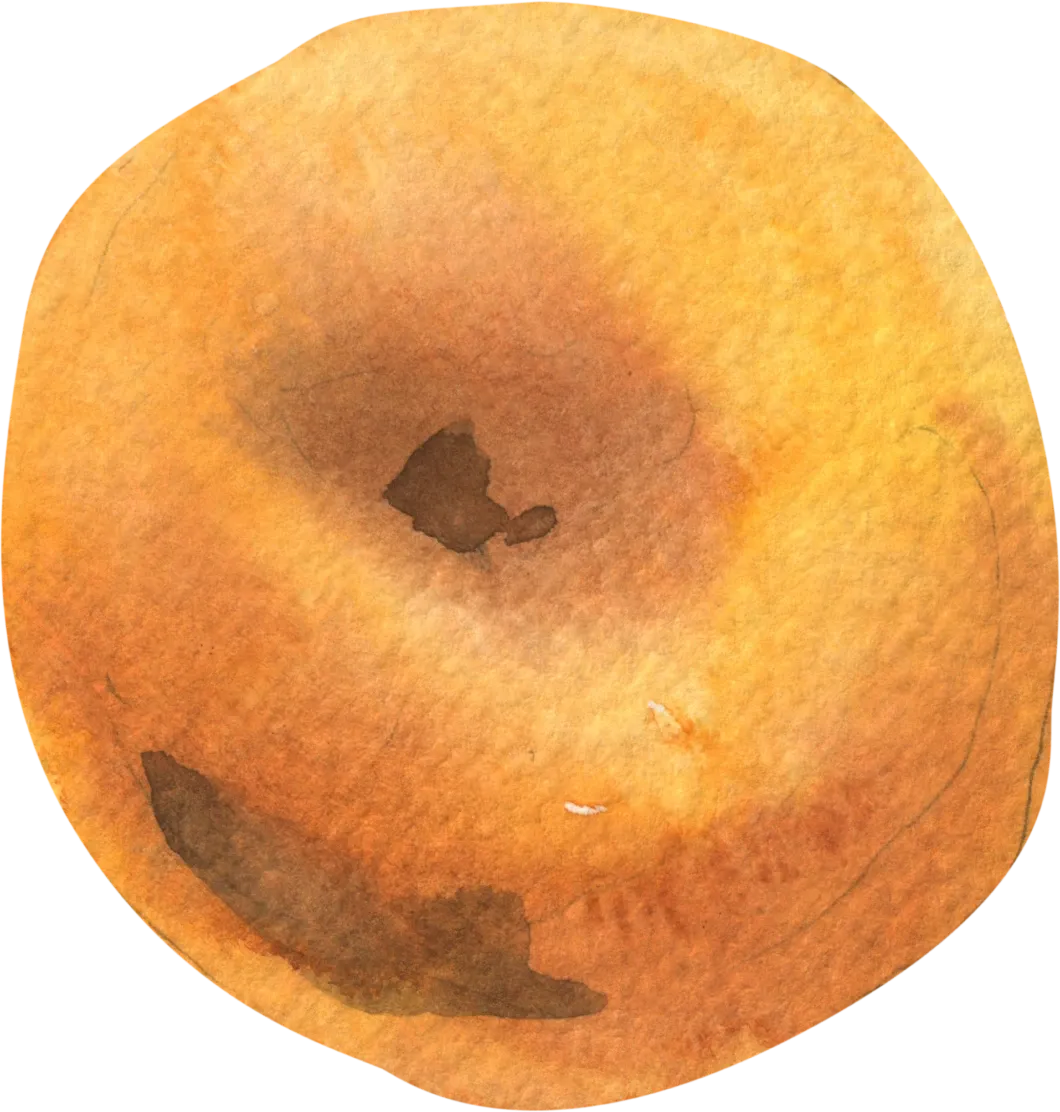The Health Benefits of Mulberries: A Nutrient-Dense Superberry
Introduction
Mulberries are sweet, juicy berries that grow on mulberry trees and are enjoyed for their rich flavor and impressive nutritional profile. These dark purple, red, or white berries are packed with vitamins, minerals, and antioxidants that provide a wide range of health benefits. Whether eaten fresh, dried, or used in jams and desserts, mulberries are a delicious and nutritious addition to any diet.
Health Benefits of Mulberries
- Rich in Antioxidants
Mulberries are packed with antioxidants, including anthocyanins, resveratrol, and vitamin C, which help protect the body from oxidative stress. These antioxidants reduce inflammation, support cell repair, and may lower the risk of chronic diseases such as heart disease, cancer, and neurodegenerative disorders.
- Supports Immune Function
With a high vitamin C content, mulberries help strengthen the immune system. Regular consumption of vitamin C-rich foods like mulberries can enhance the body’s ability to fight off infections and promote faster recovery from illness.
- Promotes Digestive Health
Mulberries are a good source of dietary fiber, which supports healthy digestion by promoting regular bowel movements and feeding beneficial gut bacteria. Fiber-rich foods like mulberries can help prevent constipation and support overall digestive wellness.
- Boosts Heart Health
Mulberries contain potassium and resveratrol, both of which support heart health by helping regulate blood pressure and reduce cholesterol levels. The antioxidants in mulberries also improve cardiovascular function and may lower the risk of heart disease.
- Supports Blood Health
Mulberries are a good source of iron, a mineral that is crucial for the production of red blood cells and the prevention of anemia. Regular consumption of mulberries can help boost iron levels and support healthy blood circulation.
Creative Ways to Enjoy Mulberries
Mulberries’ sweet flavor makes them a versatile ingredient in a variety of dishes:
• In Smoothies: Blend fresh or dried mulberries into smoothies for a sweet and nutrient-rich addition.
• In Salads: Add fresh mulberries to salads for a burst of sweetness and vibrant color that pairs well with greens and nuts.
• In Desserts: Use mulberries in pies, tarts, or jams for a naturally sweet and flavorful treat.
• As a Snack: Enjoy dried mulberries as a healthy, on-the-go snack or mix them into trail mix with nuts and seeds.
• In Oatmeal: Stir fresh or dried mulberries into oatmeal or yogurt for a nutritious breakfast or snack.
Conclusion
Mulberries are more than just a delicious berry—they’re a nutrient-dense superfood packed with essential vitamins, minerals, and antioxidants. From supporting immune function and digestive health to boosting heart health and blood circulation, mulberries offer a range of health benefits. Whether enjoyed fresh, dried, or in various dishes, mulberries are a flavorful and nutritious addition to your diet.
FAQs About Mulberries
- Are mulberries good for weight loss?
Yes, mulberries are low in calories and high in fiber, making them a filling and nutritious option for those looking to manage their weight.
- How should I store mulberries?
Fresh mulberries should be stored in the refrigerator and consumed within a few days. Dried mulberries can be stored in an airtight container at room temperature for several months.
- Do mulberries lose nutrients when dried?
Dried mulberries retain most of their nutrients, though they may lose some vitamin C content during the drying process. They remain a good source of fiber and antioxidants.
- Are mulberries AIP diet compliant?
Yes, mulberries are compliant with the AIP diet and can be safely consumed by individuals following the autoimmune protocol.
- Are mulberries Low-FODMAP?
Mulberries are considered low in FODMAPs and are safe for individuals with digestive sensitivities when consumed in moderate portions.
- Are mulberries Low Histamine?
Mulberries are generally considered low in histamine, but some individuals with histamine intolerance may need to monitor their tolerance levels.
- Are mulberries Keto-friendly?
Mulberries contain natural sugars, so they should be consumed in moderation on a keto diet. Small portions of fresh or dried mulberries can be included in a low-carb plan.
Recipes
Check out our meal planning service by following these recipes:
Balsamic Mulberry Braised Lamb
Wild Arugula and Mulberry Pizza









